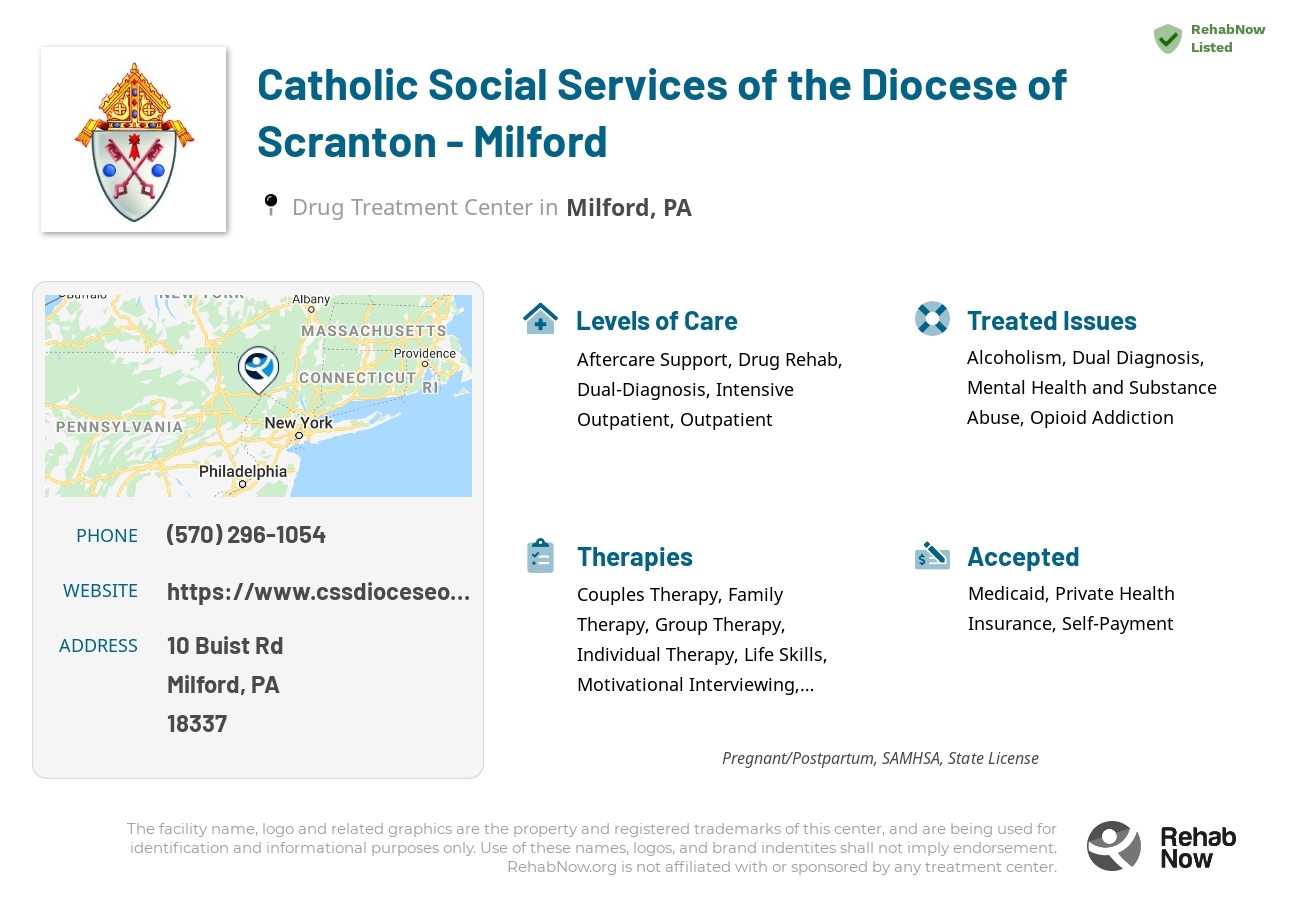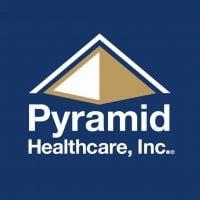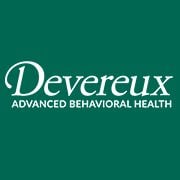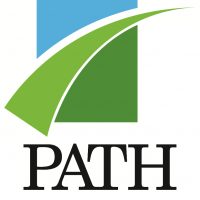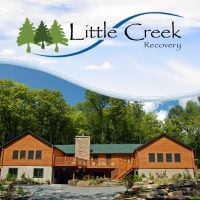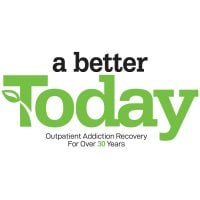Catholic Social Services of the Diocese of Scranton - Milford
Drug Rehab Center in Milford, Pennsylvania
Catholic Social Services of the Diocese of Scranton - Milford is a faith-based nonprofit organization established in 1868 providing alcohol and drug addiction treatment, mental health services, and family support services that utilize evidence-based approaches and are accredited by SAMHSA, state-licensed, and accept private health insurance.
About This Milford, PA Facility
Catholic Social Services of the Diocese of Scranton - Milford is a faith-based nonprofit organization established in 1868 dedicated to providing alcohol and drug addiction treatment, mental health services, and family support services. The agency has been providing recovery and healing services to individuals and families in the local community more than 150 years. They offer a full range of treatment and recovery options, including aftercare support, drug rehab, dual-diagnosis, intensive outpatient, and outpatient. Their care is tailored to each individual's needs, recognizing that everyone's path to recovery looks different.
The organization is accredited by SAMHSA, state-licensed and accepts private health insurance. They use evidence-based approaches to treatment such as couple and family therapy, group therapy, individual therapy, and experiential therapy. Additional services offered include motivational interviewing, rational emotive behavior therapy, and recreational therapy. The treatment staff also focus on building life skills and managing trauma. Catholic Social Services of the Diocese of Scranton - Milford is affiliated with Catholic Social Services, a nationwide network of programs and services throughout the United States.
Genders
Ages
Modality
Additional
Accreditations
State License
SAMHSA
Conditions and Issues Treated
Opioid addiction involves addiction to legal or illegal opioids. It may happen very quickly with any opioid use. Sometimes within a matter of days. Opioid addiction is a known as a high-risk factor for future heroin addiction.
Opioid withdrawal can be extremely uncomfortable and lead the user to continue to use even if they want to quit. Stopping using an opioid requires careful medical observation. Sometimes the withdrawal can persist for many weeks, which can put the user at a high risk for relapse.
It is recommended to receive inpatient treatment and a medically supervised detox like those offered at Catholic Social Services of the Diocese of Scranton - Milford in Milford, PA, PA, to manage the withdrawal process while learning lasting tools to maintain recovery. In some circumstances medications can be used to manage opioid addiction.
People with dual diagnosis have coexisting addiction and a mental disorder. 9.2 million US adults had a co-occurring disorder in 2018, so not just limited to Pennsylvania residents. Best treatment combines medication, psychotherapy (talk therapy), support group, and inpatient rehabilitation. Sometimes, complementary therapies – yoga, massage, and acupuncture – may also be used.
Levels of Care Offered
This center offers a variety of custom treatment tailored to individual recovery. Currently available are Aftercare Support, Drug Rehab, Dual-Diagnosis, Intensive Outpatient, Outpatient, with additional therapies available as listed below.
Intensive outpatient programs mostly conduct meetings on weekdays. Group therapy is the main element in most intensive outpatient programs. Most IOPs last for about 90 days and include drug use monitoring and testing. A Pennsylvania IOP, like what’s offerd at Catholic Social Services of the Diocese of Scranton - Milford, take much more time than a standard outpatient program. Some programs offer other services as well, such as employment assistance and medication management.
Outpatient treatment can be considered the lowest intensity level of addiction treatment in Milford, PA. It is ideal for early phase addiction or lower intensity addictions. Catholic Social Services of the Diocese of Scranton - Milford peer group support, 12-step programs, and individual counseling may still be involved.
After treatment, addiction treatment can be frightening for newly sober people. Aftercare support provided by Catholic Social Services of the Diocese of Scranton - Milford is designed to give resources and help on a continued basis. It can involve finding housing in and around Pennsylvania, setting up 12-step meeting groups, continued medical monitoring, and counseling.
Catholic Social Services of the Diocese of Scranton - Milford‘s Therapies & Programs
Individual therapy aims to identify the core issues that would have led the patient to substance abuse and address the root cause effectively. Patients find the therapist as a person who they can trust. It helps them to open up and discuss personal and sensitive issues, which they may not be comfortable discussing in a group.
Couples therapy is an approach wherein the patients and their partners are engaged together as a part of the treatment process. When a person becomes a victim of substance abuse, it affects the patient and the people around him, particularly his partner. Their relationship can become strained due to lack of communication, financial issues, loss of trust, lack of intimacy, and physical abuse in more severe cases.
Couples therapy addresses these issues and tries to rebuild the trust between the partners. The partner’s involvement in the process will result in greater chances of treatment success and sustained recovery.
Family therapy is a set of therapeutic approaches that assumes that the entire family is a system. It utilizes the strengths and resources of the family to help the patient refrain from resorting to substance abuse. It helps to repair relationships and improve communication between family members.
Group therapy happens at Catholic Social Services of the Diocese of Scranton - Milford in a controlled group environment, as opposed to a one-on-one setting. It supports Milford, PA patients’ recovery by offering a sense of comfort and letting them know that they are not alone. Through shared conversations, patients also learn to develop faith and understanding and gain insight on their addictions.
Unresolved trauma is often a key reason why many patients resorted to substance abuse. Trauma therapy refers to treatment wherein specialist therapists help the patients to resolve the trauma that led the patients to substance abuse. The trauma could be physical abuse, sexual abuse, war, natural disasters, divorce, accident, loss of a loved one, etc. Thinking of these traumatic events causes emotional disturbances like anxiety, depression and results in addiction. If trauma is the primary cause of substance abuse, then both issues must be addressed. Otherwise, there is a risk of relapse. Trauma therapy also improves the cognitive functions and provides long term benefits.
Dialectical Behavior Therapy (DBT) is an improved version of Cognitive Behavioral Therapy (CBT). DBT is a treatment of choice for people suffering from self-harming behaviors characterized by cutting and suicidal thoughts or inclinations.
This treatment is developed to help individuals recognize their thought patterns, behaviors, and feelings. It has demonstrated its effectiveness for people that are finding it difficult to control their emotions and urges. Conditions such as obsessive-compulsive disorder and borderline personality disorder also benefit from DBT as it imparts individuals stress-management techniques and enhanced self-esteem so they can sustain their sobriety by reducing the impact of triggers and out-of-control emotions.
Cognitive behavioral therapy (CBT) is a way of addressing concerns through talking. It can be used in individual counseling sessions. Talking through issues with professionals at Catholic Social Services of the Diocese of Scranton - Milford can identify sources of discomfort or unhealthy thoughts. It is a way of learning about yourself and your individual perceptions. CBT is a healthy way of addressing some behaviors which may be bringing unintended consequences in your life.
Rational Emotive Behavior Therapy (REBT) sees a person suffering from substance addiction to have illogical reasoning, counterproductive actions, and does not see things clearly. Due to this, REBT deals with cognition, images, and behavior extensively to rectify the client’s bad habits. REBT pushes an individual to become more reasonable and choose a life without the repercussions of addictions.
Patients at Catholic Social Services of the Diocese of Scranton - Milford in Milford, PA learn how to self-soothe by conducting rational self-counseling. REBT provides their patients with the skill sets necessary in handling problems all by themselves, without seeking professional help. The process calls for practice, reiteration, and bolstering the new way of thinking being introduced to the patient.
Patient Experience
Experiential Therapy at Catholic Social Services of the Diocese of Scranton - Milford
Experiential therapy works on the principle that the perception of individuals determines their behavior. It is different from medication and talk therapy and suits those who have difficulty in expressing themselves and interact. Experiential therapy works by using tools and activities to recreate past experiences and encourages the release of suppressed thoughts that were responsible for the negative feelings and drug addiction.
Role-playing, arts and crafts, music, animal care, rock climbing, etc. are some of the activities used in this therapy. Gradually the individual will experience calmness and love and change their perception positively. Other than drug addiction, Experiential therapy is useful in various behavioral and eating disorders.
Payment Options Accepted
For specific insurance or payment methods please contact us.
Is your insurance accepted?
Ask an expert, call (888) 674-0062
Catholic Social Services Associated Centers
Discover treatment facilities under the same provider.
- Catholic Social Services of the Diocese of Scranton - Carbondale in Carbondale, PA
- Catholic Social Services of the Diocese of Scranton - Scranton in Scranton, PA
- Catholic Social Services of the Diocese of Scranton - Stroudsburg in Stroudsburg, PA
- Catholic Social Services of the Diocese of Scranton - Hazleton in Hazleton, PA
- Catholic Social Services - Drug and Alcohol Program in Stroudsburg, PA
Learn More About Catholic Social Services Centers
Additional Details
Specifics, location, and helpful extra information.
Milford, Pennsylvania 18337 Phone Number(570) 296-1054 Meta DetailsUpdated November 25, 2023
Staff Verified
Patient Reviews
There are no reviews yet. Be the first one to write one.
Milford, Pennsylvania Addiction Information
Pennsylvania ranks 14th in the nation for drug-related deaths. More than 10% of all deaths in Pennsylvania have been related to drugs and alcohol. 30% of Pennsylvania youth reportedly drink alcohol monthly, with more than 20,000 teenagers having an alcohol problem. The rate of opioid misuse in Pennsylvania is double the national average.
Treatment in Nearby Cities
- Bloomsburg, PA (87.5 mi.)
- Wexford, PA (277.0 mi.)
- Beaver Falls, PA (288.9 mi.)
- Waynesboro, PA (180.9 mi.)
- Saint Clair, PA (82.6 mi.)
Centers near Catholic Social Services of the Diocese of Scranton - Milford
The facility name, logo and brand are the property and registered trademarks of Catholic Social Services of the Diocese of Scranton - Milford, and are being used for identification and informational purposes only. Use of these names, logos and brands shall not imply endorsement. RehabNow.org is not affiliated with or sponsored by Catholic Social Services of the Diocese of Scranton - Milford.




